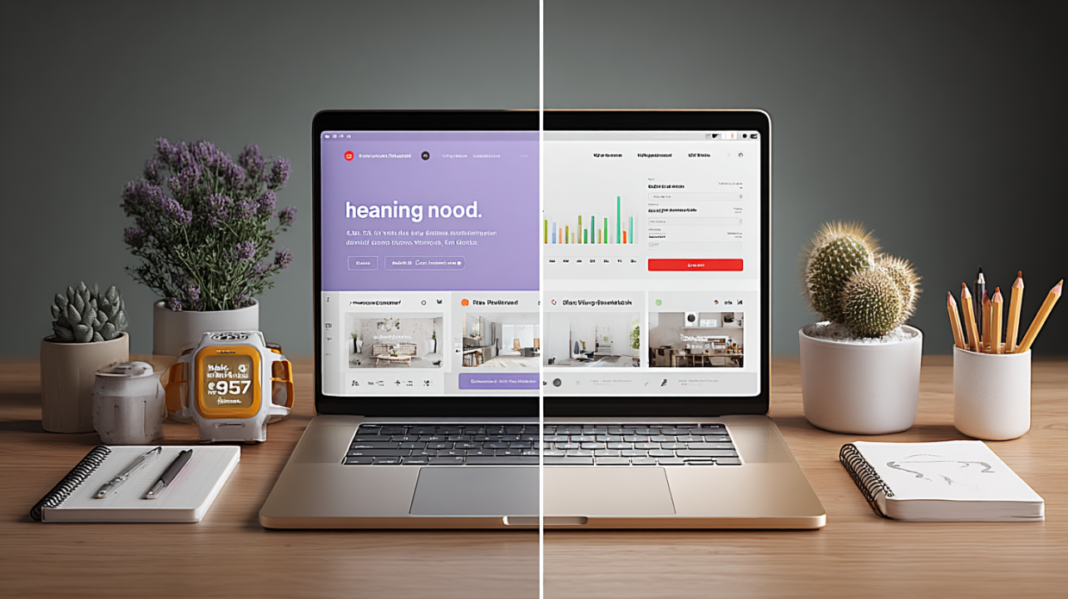If you’re starting a website, one of the first decisions you’ll face is whether to go with free hosting or invest in a paid plan. At first glance, free hosting seems like a no-brainer. Why pay when you can publish your site for free? But like most things on the internet, the details matter.
Both free and paid hosting come with trade-offs. The right choice depends on your goals, your budget, and how serious you are about your site. Whether you’re building a blog, launching a business, or just trying things out, here’s what you need to know to make the best decision.
What Is Web Hosting, Anyway?
Web hosting is where your website lives. It’s the service that stores your content and makes it accessible to people around the world. When someone types your web address into their browser, your hosting provider delivers your site’s files so the page can load.
Free hosting and paid hosting both do this, but the experience, control, and reliability can be very different.
Free Hosting: Pros and Cons
Free hosting is exactly what it sounds like—no upfront cost. It’s ideal for testing the waters, building personal projects, or learning how websites work. But it’s not without limitations.
Pros of free hosting
No cost – Great if you’re experimenting or on a tight budget
Easy to set up – Most free hosts have beginner-friendly interfaces
Good for learning – A low-risk way to explore how websites function
Cons of free hosting
Limited storage and bandwidth – Can lead to slow loading or site shutdowns during traffic spikes
Ads – Many free hosts place ads on your site that you can’t control
Unprofessional domain – You’ll often get a subdomain like yourname.hostsite.com
Limited customization – Fewer design and plugin options
No customer support – You’re mostly on your own if something breaks
Popular free hosting options
WordPress.com – Offers a free plan with basic features
Wix – Easy drag-and-drop builder, includes a free tier
Weebly – Another user-friendly platform with a no-cost option
Google Sites – Very simple, good for internal or school projects
Tip: If you’re just building a personal blog or school project, free hosting might be all you need. But if you’re planning to grow or monetize your site, be prepared to upgrade.
Paid Hosting: Pros and Cons
Paid hosting gives you more control, more resources, and a professional foundation for growth. It’s ideal for anyone who wants to build a brand, run an online business, or take their content seriously.
Pros of paid hosting
Custom domain – You get your own branded URL like yoursite.com
No forced ads – Your site stays clean and professional
More storage and speed – Better performance, even with high traffic
Full design control – Install themes, plugins, or even build from scratch
Support – Access to customer service or even live chat when things go wrong
SEO advantages – Better tools for ranking on search engines
Cons of paid hosting
It costs money – Typically $2 to $15 per month for basic plans
Setup can be more technical – Especially if you’re building with WordPress.org
Too many options – Choosing a plan can be overwhelming for beginners
Popular paid hosting platforms
Hostinger – Budget-friendly and fast, great for beginners
SiteGround – Known for excellent customer support
Bluehost – Officially recommended by WordPress.org
Namecheap EasyWP – WordPress-specific hosting, simple and affordable
GreenGeeks – Eco-friendly hosting with strong performance
Tip: Look for hosting that includes a free domain for the first year, SSL certificate, and one-click WordPress install. These features save time and money.
Who Should Use Free Hosting?
Free hosting is perfect if
You’re building a small personal blog
You want to practice using website builders
You’re not planning to make money from your site
You’re testing out a concept before investing
Who Should Use Paid Hosting?
Paid hosting is better if
You’re starting a business or portfolio
You care about professionalism and branding
You want full control over your design and features
You plan to drive traffic, sell products, or grow an audience
You want reliable support and better site speed
When to Start Free and When to Upgrade
It’s totally fine to start free and upgrade later. Many platforms make it easy to move to a paid plan as your needs grow. However, if you start with serious intentions—like building a brand or selling products—it’s worth investing in paid hosting from the start to avoid limitations and rebranding headaches later.
Useful Tools to Help You Decide
Website builder comparison – https://www.websitebuilderexpert.com
Domain name checker – https://www.namecheap.com/domains
Hosting review site – https://www.hostingadvice.com
Uptime monitor – https://uptimerobot.com to test hosting reliability
Page speed test – https://pagespeed.web.dev
Final Thoughts
Free hosting is great for learning, experimenting, or running a simple personal site. But if you’re serious about your online presence, paid hosting gives you the tools and freedom to grow. Think of it like renting versus owning—both work, but one gives you more control.
Start with your goals. If you’re just dipping your toes in, free hosting is fine. But if you’re ready to build something real and lasting, consider investing in a solid paid plan. A website doesn’t have to cost much—but it’s worth treating it like something that could grow into more than you expect.

